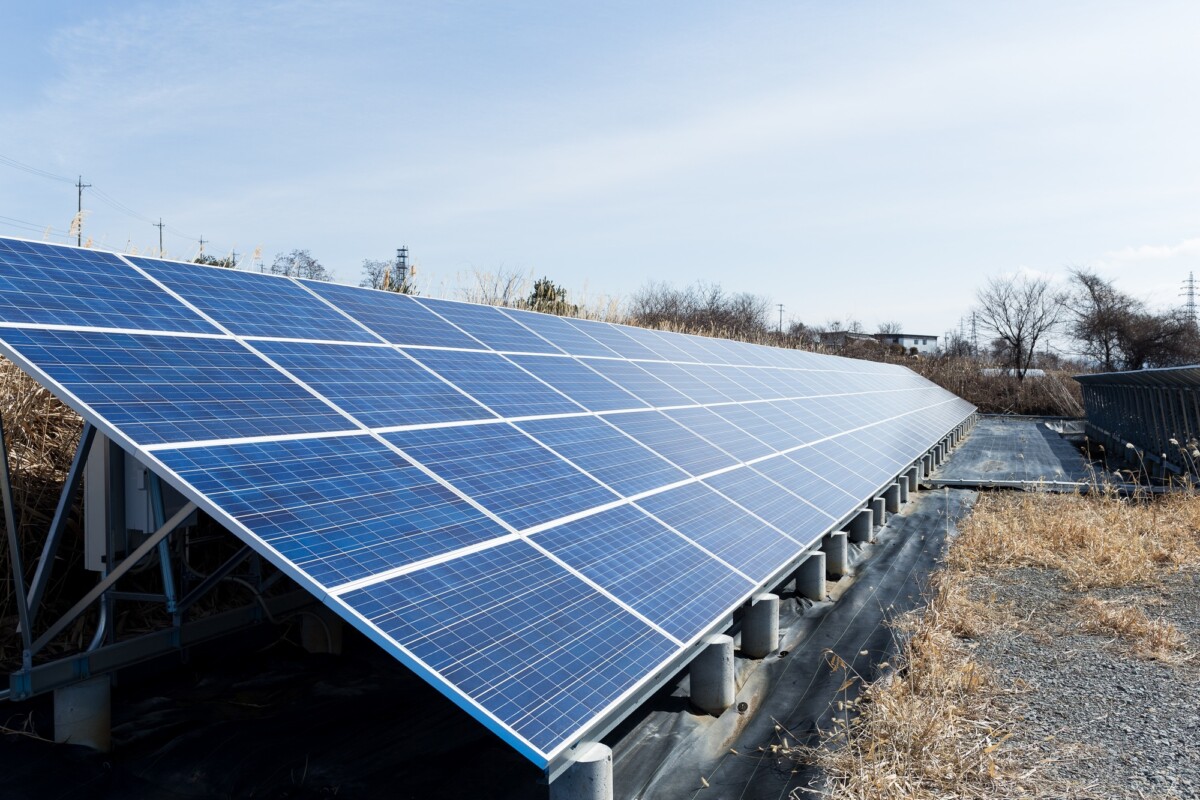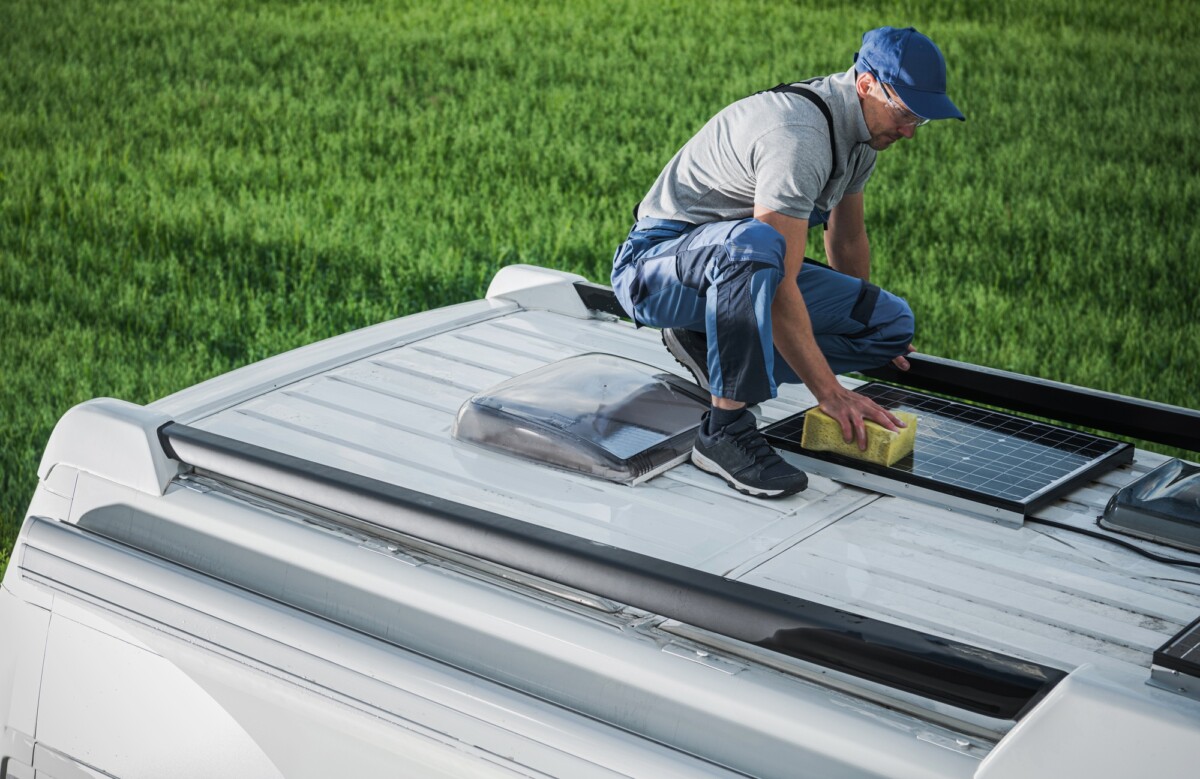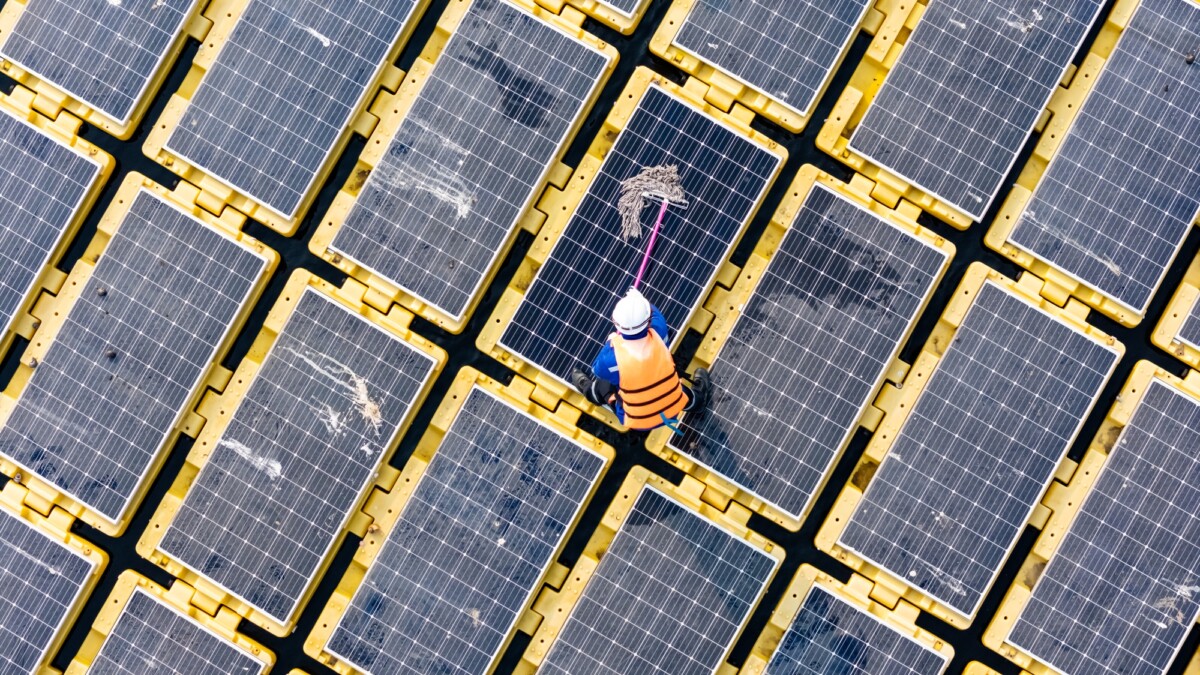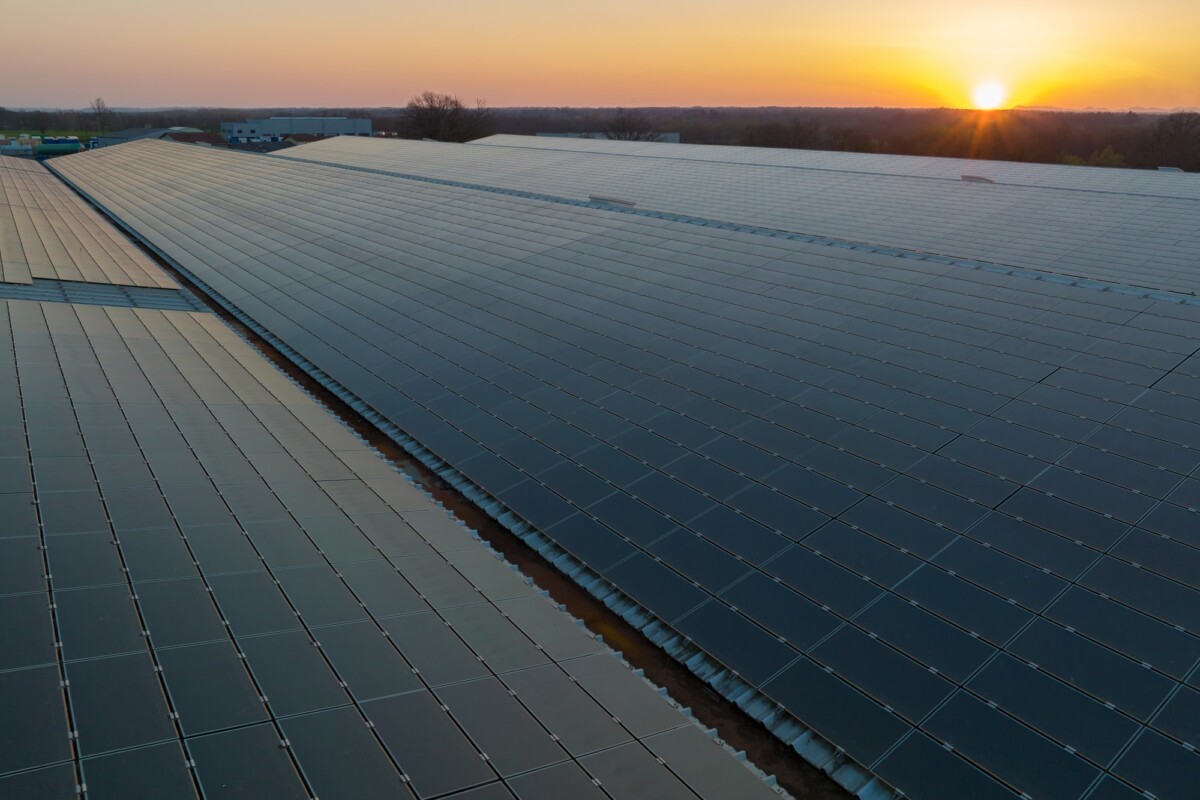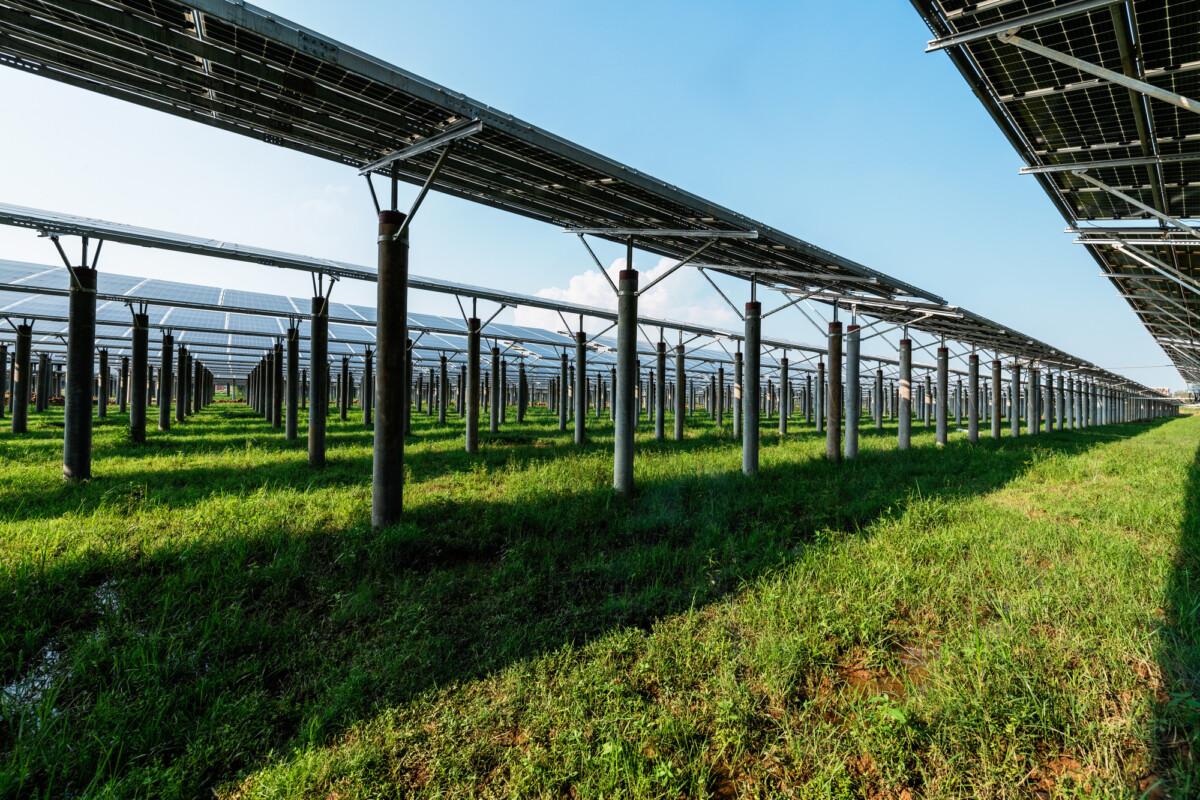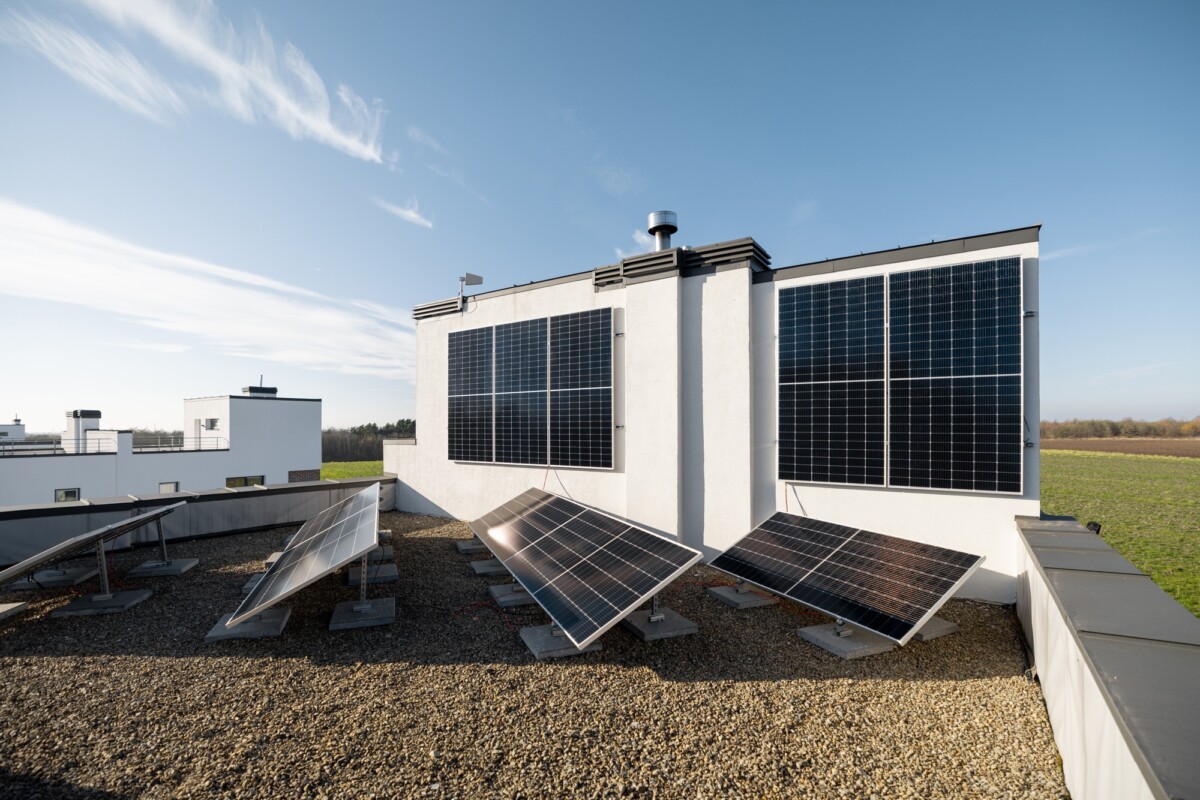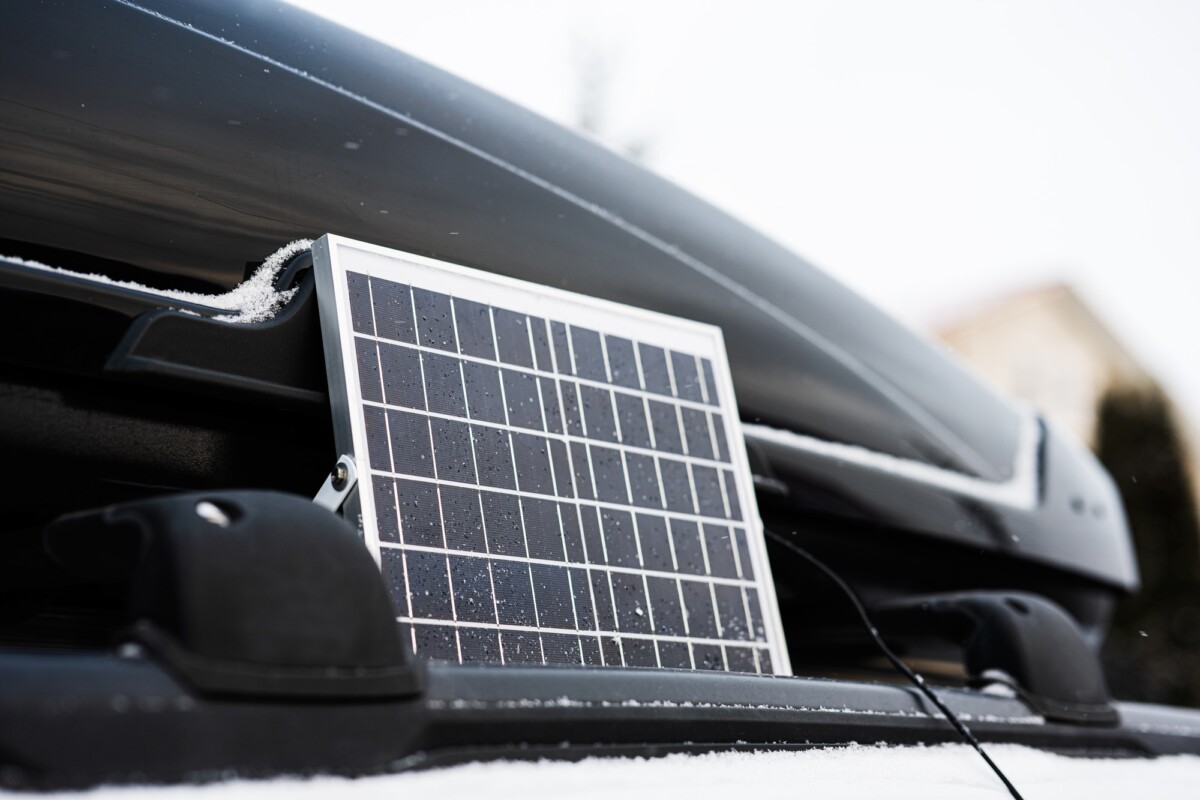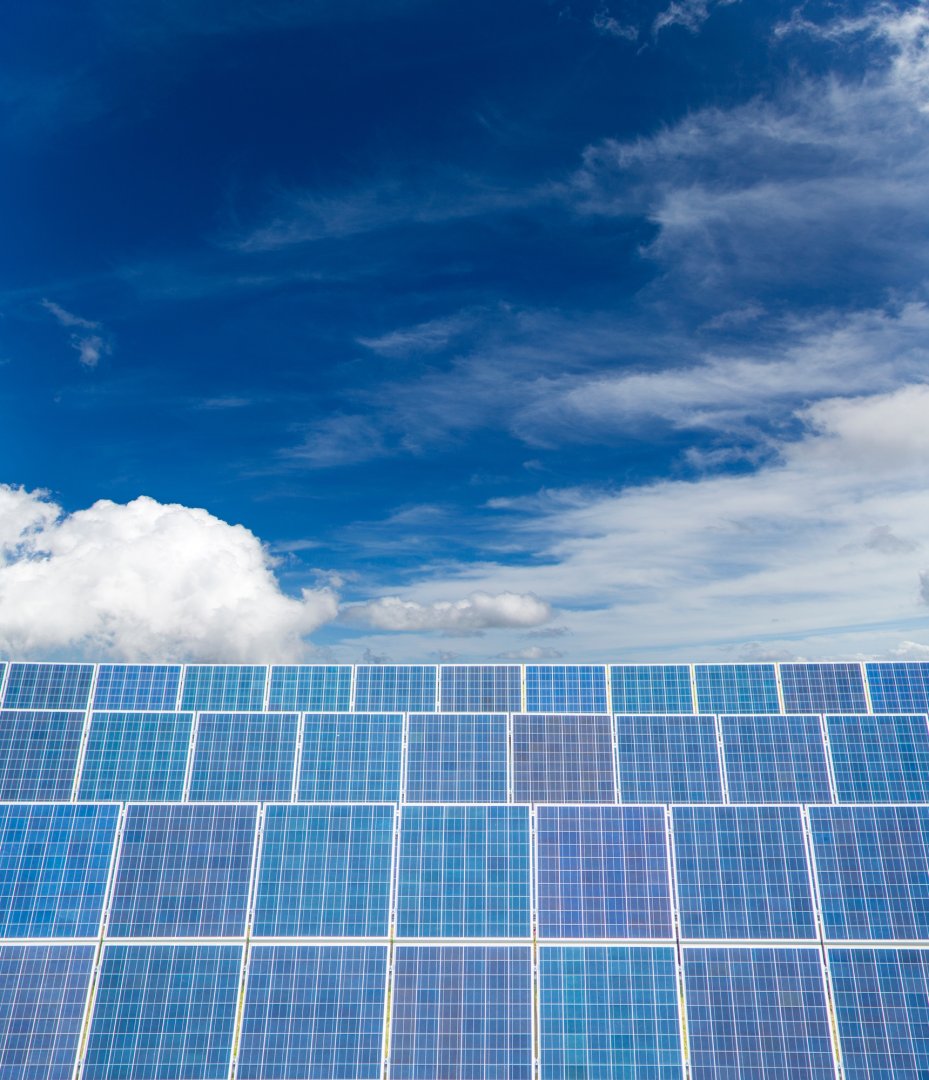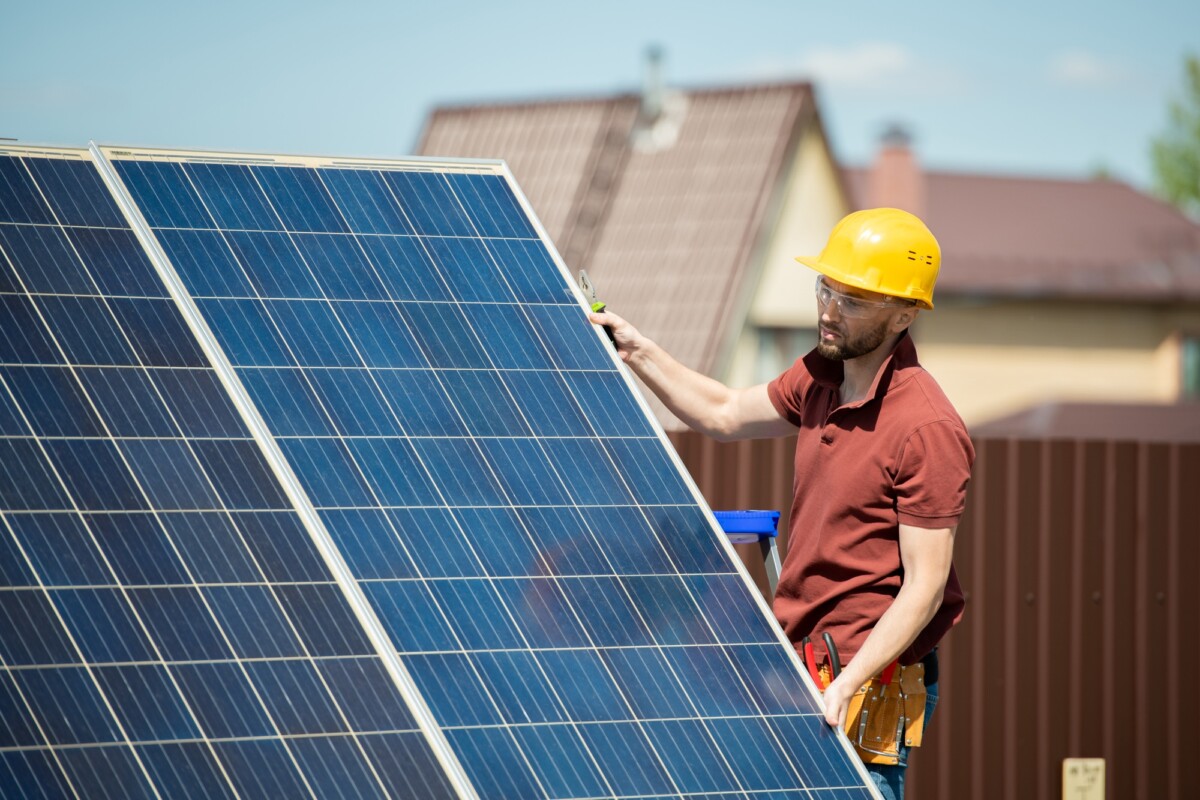As the use of solar panels continues to increase in homes and businesses, it is essential to understand the importance of proper grounding. Solar panel grounding involves connecting the panels to the Earth to protect against electrical shock and damage to the panels. This article will explain what solar panel grounding is, why it’s essential, and how to properly ground your solar panel system.
What is Solar Panel Grounding?
Solar panel grounding involves connecting the solar panels to the Earth or ground to prevent electric shock and damage to the panels. The grounding system also provides a path for electrical surges, lightning strikes, and other potential electrical hazards to flow into the Earth, protecting your home or business from harm.
Why is Solar Panel Grounding Important?
Solar panel systems produce electricity; like any electrical system, they can pose potential risks to people and property. Without proper grounding, a solar panel system can produce a dangerous electrical charge that can harm people or cause damage to equipment. Proper grounding also protects your solar panel system from electrical surges and lightning strikes, which can cause extensive damage and even start fires.
How to Ground Your Solar Panel System:
Check with Your Local Building Code:
Before installing a solar panel system, it is essential to check with your local building code to ensure compliance with the regulations. Building codes vary by location, and it is vital to understand the requirements specific to your area.
Grounding Electrodes:
The grounding electrodes are the devices used to connect the solar panel system to the Earth. The most commonly used grounding electrodes are copper rods or plates driven into the ground near the solar panel system.
Bonding:
Bonding involves connecting all metal components of your solar panel system to the grounding electrode, ensuring that there is a continuous path to the Earth. This includes the solar panels, inverters, mounting racks, and any other metal components of the system.
Grounding Conductor:
The grounding conductor is the wire that connects the grounding electrode to the solar panel system’s metal components. The grounding conductor must be of sufficient size and made of a material suitable for outdoor use.
Grounding Lug:
The grounding lug is the device used to connect the grounding conductor to the grounding electrode and the metal components of the solar panel system. The grounding lug must be of the correct size and material and securely attached to the grounding electrode and the system’s metal components.
Inspections:
It is essential to have your solar panel system inspected by a qualified professional to ensure that it is properly grounded and meets all local building codes and regulations. Regular inspections can help identify and correct any potential grounding issues before they become a problem.
Types of Grounding Electrodes
Different types of grounding electrodes can be used for solar panel grounding, and the choice will depend on various factors such as soil conditions, climate, and local building codes. Copper rods are the most commonly used grounding electrodes, but other options include copper-clad steel, galvanized steel, and concrete-encased electrodes. Each option has its pros and cons, and it’s essential to consult a qualified professional to determine the most suitable option for your solar panel system.
Grounding and Lightning Protection
Lightning strikes are a significant risk for solar panel systems, and proper grounding is crucial to protect against lightning damage. Electrical surges caused by lightning can damage the solar panel system’s screens and other electrical parts. Grounding provides a path for the electrical surge to flow into the Earth, reducing the risk of damage or fire. It’s essential to ensure that your grounding system is properly installed and maintained to protect against lightning strikes.
The Importance of Bonding
Bonding is an essential component of solar panel grounding, as it ensures that all metal components of the solar panel system are connected to the grounding electrode. This provides a continuous path for electrical surges and lightning strikes to flow into the Earth, protecting against potential electrical hazards. Bonding also helps prevent potential voltage differences between different metal components of the solar panel system, which can lead to electric shock or damage to the equipment.
Ground Fault Protection
Ground fault protection is another critical component of solar panel grounding, as it protects against electric shock and damage to the solar panel system. Ground fault protection devices, such as ground fault circuit interrupters (GFCIs), detect any electrical imbalances between the solar panel system and the Earth and shut off the power supply to prevent potential hazards. It’s essential to ensure that your solar panel system is equipped with the necessary ground fault protection devices and that they work correctly.

Maintaining Your Solar Panel Grounding System
Proper maintenance of your solar panel grounding system is crucial to ensure that it provides adequate protection against electrical hazards. The best way to prevent problems is to have them inspected regularly by a knowledgeable technician. It’s also essential to ensure that your grounding electrodes, bonding connections, grounding conductor, and grounding lug are all in good condition and securely attached to the solar panel system and the Earth.
The Risks of Improper Solar Panel Grounding
Improper solar panel grounding can pose significant risks to people and property. Electrical charges can build up without proper grounding, leading to potential electric shock or damage to the solar panel system. Improper grounding can also increase the risk of lightning damage, which can be catastrophic. It’s essential to ensure that your solar panel system is correctly grounded and that all components of the grounding system are installed and maintained correctly.
Grounding and Solar Panel Efficiency
Proper grounding can also affect the efficiency of your solar panel system. Grounding ensures that electrical charges are distributed evenly across the solar panel system, reducing the risk of hotspots and other potential damage to the panels. Proper grounding can also help to reduce the potential for electromagnetic interference, which can affect the performance of the solar panels. Ensuring your solar panel system is correctly grounded can help maximize its efficiency and lifespan.
Grounding and Your Warranty
Many solar panel manufacturers require that their products be grounded correctly to maintain the warranty. Improper grounding can void the warranty and leave you responsible for any repairs or replacements needed due to electrical damage. Ensuring that your solar panel system is correctly grounded can help protect your investment and ensure you’re covered under the manufacturer’s warranty.
Conclusion:
Proper grounding of your solar panel system is essential to protect your home or business from electrical hazards and ensure the longevity of your solar panel system. Understanding the importance of solar panel grounding and following the proper grounding procedures can help you avoid potential safety issues and protect your investment in renewable energy. By working with a qualified professional and following your local building codes and regulations, you can ensure that your solar panel system is grounded correctly and operating safely and efficiently for years to come.
FAQS
What is solar panel grounding?
Solar panel grounding is the process of creating a connection between the solar panel system and the Earth to protect against electrical hazards and ensure optimal performance.
Why is solar panel grounding important?
Solar panel grounding is essential for protecting against electric shock and lightning damage and ensuring optimal system performance.
What are the components of a solar panel grounding system?
The components of a solar panel grounding system include grounding electrodes, bonding connections, grounding conductors, and grounding lugs.
What types of grounding electrodes are commonly used for solar panel systems?
Copper rods, copper-clad steel, galvanized steel, and concrete-encased electrodes are commonly used grounding electrodes for solar panel systems.
What is bonding, and why is it important for solar panel grounding?
Bonding is the process of connecting all metal components of the solar panel system to the grounding electrode to ensure a continuous path for electrical surges and protect against potential hazards.
What is ground fault protection, and why is it important for solar panel grounding?
Ground fault protection is a device that detects any electrical imbalances between the solar panel system and the Earth and shuts off the power supply to prevent potential hazards.
How often should a solar panel grounding system be inspected?
A qualified professional should inspect a solar panel grounding system regularly to identify and address any potential issues.
What are the risks of improper solar panel grounding?
Improper solar panel grounding can lead to potential electric shock, damage to the solar panel system, and an increased risk of lightning damage.
How does solar panel grounding affect system efficiency?
Proper solar panel grounding ensures that electrical charges are distributed evenly across the solar panel system, reducing the risk of hotspots and potential damage to the panels.
Can improper solar panel grounding void the manufacturer’s warranty?
Many solar panel manufacturers require their products to be correctly grounded to maintain the warranty. Improper grounding can void the warranty and leave you responsible for any repairs or replacements needed due to electrical damage.


